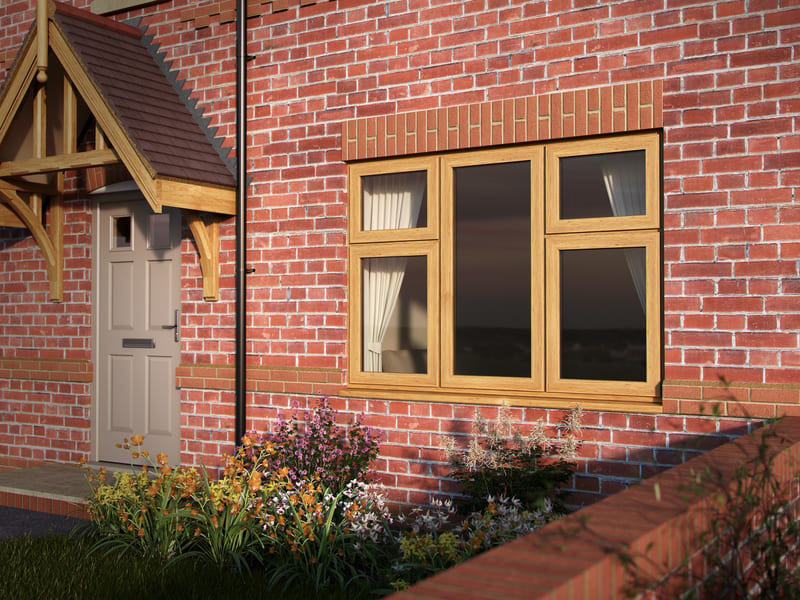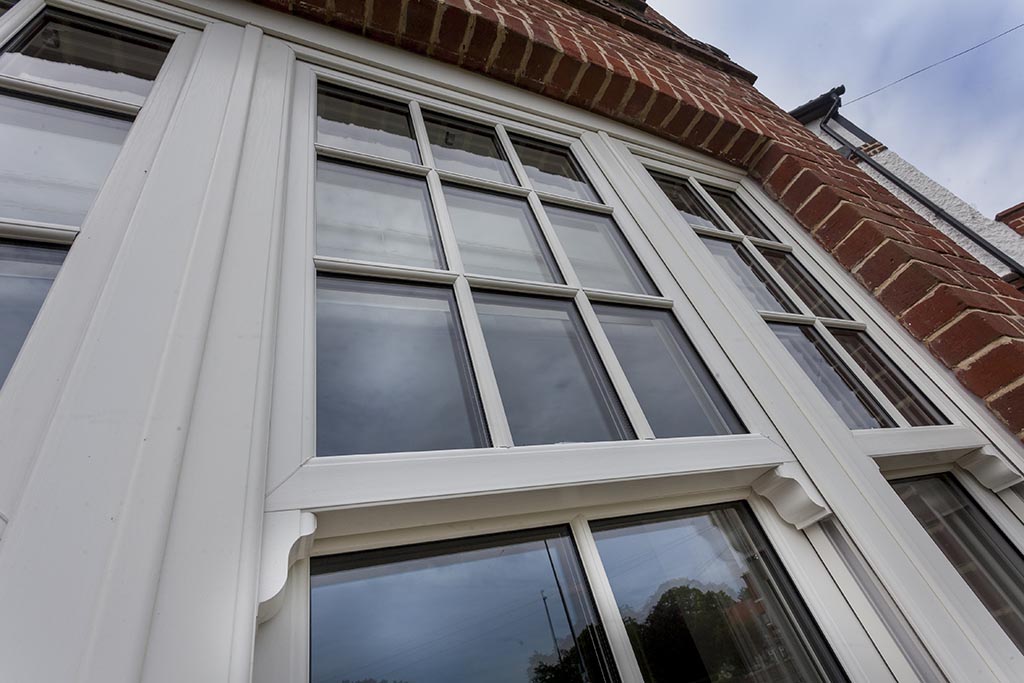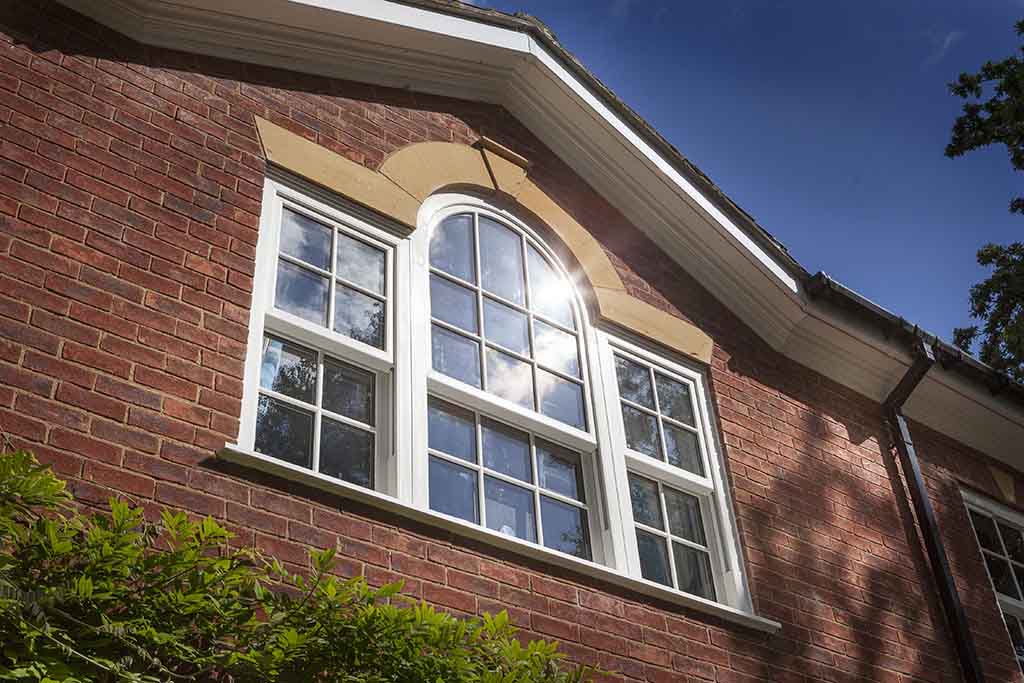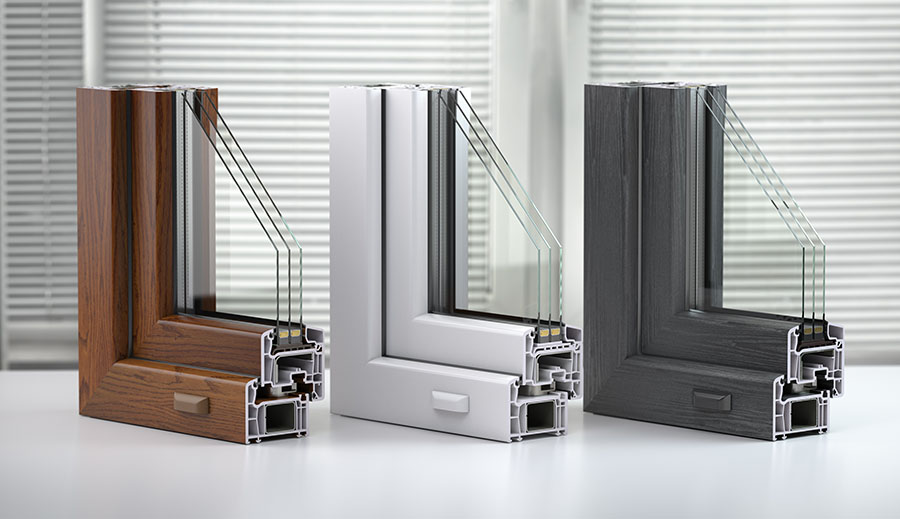
When replacing conservation area windows, installers face a unique set of challenges. Unlike standard projects, work in conservation areas involves navigating planning permission, heritage regulations and strict material requirements.
Whether you’re working on aluminium sash windows, uPVC casement windows, or upgrading older windows for improved energy efficiency, understanding these guidelines is essential.
This guide is written for installers who want to offer compliant solutions and avoid costly setbacks. With over 25 years of experience supplying high-performance replacement windows, Boston Trade Frames supports trade professionals with expert advice and a comprehensive product range like casement windows for trade, uPVC doors, etc. tailored for sensitive projects.
Understanding conservation areas
A conservation area is a designated zone recognised for its special architectural or historic interest, where local authorities aim to preserve or enhance the area’s character. The designation of a conservation area is typically managed by the local planning authority (LPA), and it places additional restrictions on alterations to properties.
Under Section 72 of the Planning (Listed Buildings and Conservation Areas) Act 1990, any development in these areas must preserve or enhance the character of the conservation area. This includes replacement of windows, which may seem minor but can significantly alter the appearance of a property.
Do you need planning permission to replace windows in a conservation area?
Yes, in most cases. Even if permitted development rights apply elsewhere, they are often restricted in conservation areas. If new windows differ in material, colour, method of opening, or profile from the existing windows, a planning application may be required.
You should always consult the local planning authority for confirmation before beginning work. If the property is a listed building, you’ll also need listed building consent, which is separate from standard building consent.
Key regulations and documentation
Before starting any project involving conservation area windows, ensure:
- Planning permission is in place for any significant alterations
- If applicable, a valid listed building consent has been granted
- All designs are in keeping with the character of the conservation area
- The application form includes elevations, window drawings and proposed materials
- Side elevation and principal elevation changes are clearly documented
For clarity on what’s acceptable, Historic England offers helpful guidance on maintaining architectural elements of historic buildings.

Choosing compliant materials
The choice of material plays a major role in gaining planning approval. Original windows in conservation areas are often single glazed timber sash windows, and local authorities prefer replacements that replicate this appearance.
Timber windows
Timber windows remain the most accepted choice in sensitive areas. Modern designs offer improved durability and heat loss reduction without compromising aesthetics.
uPVC windows
uPVC is increasingly accepted, provided it matches the original architectural features. Boston Trade Frames offers heritage-style uPVC windows, including flush sash and vertical sliding sash windows, which replicate wooden windows in detail and finish.
Aluminium
In some cases, aluminium is permitted, especially on rear elevations or non-visible sides. Our aluminium systems offer slim sightlines and can be colour-matched to blend with historic styles.
Best practice for installers
When installing replacement windows in a conservation area, following best practices protects your reputation and avoids project delays.
Conduct a site assessment
Evaluate the types of windows currently installed, their elevation, condition and historic value. Photograph each original sash window or casement window, noting dimensions and detailing.
Consult the LPA early
Engage with the local authority before ordering windows. Their conservation officer can clarify acceptable designs and whether prior notification or a planning application is needed.
Use specialist suppliers
Choose a manufacturer with experience in conservation area projects. At Boston Trade Frames, we supply installers with compliant solutions designed specifically for heritage applications. All products meet UK building regulations and offer the look of older windows with the performance of modern double glazing in Boston.
Match existing aesthetics
Pay close attention to:
- Colour
- Glazing bar configuration
- Frame proportions
- Method of opening
Even minor differences can lead to rejection from the LPA.
Working with homeowners
As the installer, you’re often the first point of contact. Educating homeowners about the need for planning and realistic timelines can avoid frustration and build trust. Discuss:
- Design requirements
- Potential restrictions
- Timeframe for approvals
- How conservation area windows differ from standard replacements
Clear communication upfront helps manage expectations and prevents delays due to incomplete documentation or design changes.
Why choose Boston Trade Frames?
At Boston Trade Frames, we understand the complexities of working in conservation areas. That’s why we offer:
- Heritage-approved uPVC and aluminium window systems
- Expert support with planning applications
- Customisable options that mirror architectural elements
- Fast lead times and trade-focused service
Whether you’re replacing original sash windows or specifying discreet casement windows for a rear side elevation, our team is here to help you deliver a compliant, high-quality installation.
Final checks before installation
- Has the planning application been approved?
- Do the replacement windows match the existing windows in design and material?
- Has the homeowner received written confirmation from the local planning authority?
- Are product specifications in line with local development rights?
Missing any of these can result in enforcement action or the need to reinstate non-compliant work.

Need conservation area window solutions?
Contact Boston Trade Frames today for expert advice and compliant window systems that meet both installer and heritage demands. Call 01205 362600 or visit bostontradeframes.co.uk to get started.
Frequently Asked Questions
What is a conservation window?
A conservation window is a window designed to match the appearance and detailing of traditional or historic styles in a conservation area. It often uses slimmer frames, period-appropriate proportions and sightlines that respect the character of older buildings, while still providing modern performance.
What windows can you have in a conservation area?
You can usually install windows that maintain the original look and proportions of the building. This might include traditional timber styles, slim framed units or heritage-style designs. The aim is to preserve the street scene and architectural character. Specific requirements vary by local planning authority.
Do you need planning permission to replace windows in a conservation area?
Often you do not need full planning permission if the replacement matches the existing style and materials. However, some councils require permission or listed building consent for changes that affect appearance. It’s wise to check with your local planning office before proceeding.
More from Boston Trade Frames
The Boston Trade Frames Difference: Family Values in Window Manufacturing
Composite doors: A guide for trade installers on modern home solutions
Navigating Lincolnshire Conservation Areas: 5 Essential Tips for Window Installers
Back to news

